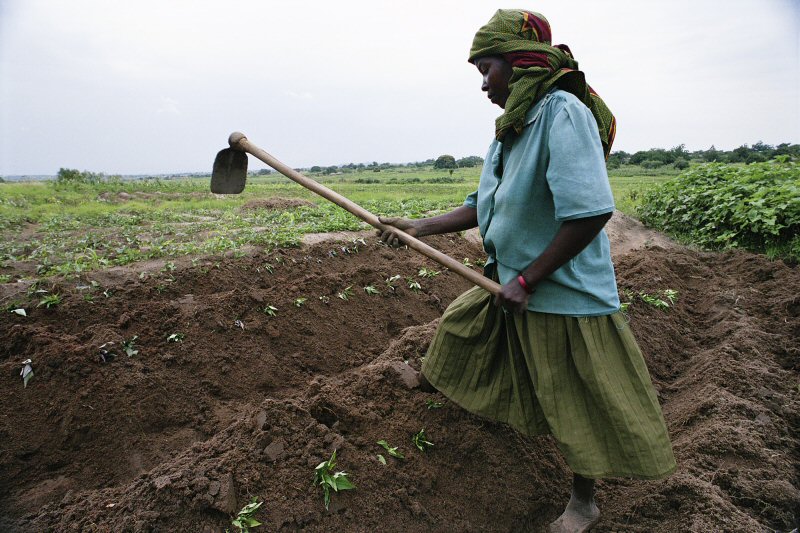Dr Bettina Rudloff of the Stiftung Wissenschaft und Politik / German Institute for International and Security Affairs and Michael Brüntrup of the Deutsches Institut für Entwicklungspolitik / German Development Institute recently published a joint briefing paper on the implications of CAP reform for development. Their paper is available in English to download here, and they have contributed the following abstract.
For a long time the CAP has been accused of causing damage to developing countries. However, several reforms have limited these risks to a handful of issues. Especially further coupling and the missing internalization of costs related to climate and the environment are the remaining risks for developing countries.
Other risks can arise due to the complex interplay of the CAP with other policies like trade or energy policy, which is relevant for biofuel or soy imports. Such risks can only be partly addressed by CAP reform, i.e. not to extend coupling. Other solutions refer to mitigation through development policy or possible trade protection by developing countries.
For a long time the CAP has been accused of causing damage to developing countries. However, several reforms have limited these risks to a handful of issues. Especially further coupling and the missing internalization of costs related to climate and the environment are the remaining risks for developing countries.
Other risks can arise due to the complex interplay of the CAP with other policies like trade or energy policy, which is relevant for biofuel or soy imports. Such risks can only be partly addressed by CAP reform, i.e. not to extend coupling. Other solutions refer to mitigation through development policy or possible trade protection by developing countries.
To address these approaches linked to different policy spheres, a better and more stringent use of cross-policy impact assessments is important to ensure coherence. Overall, developing countries’ own evaluation of the CAP’s risks to them should be the basis for discussion so to avoid that a European perspective dominates the debate. Better structures for a joint debate should therefore be considered.
This post was written by Bettina Rudloff and Michael Brüntrup.
Photo credit: World Bank/Scott Wallace via Flickr, CC licence


